Interview with Lebanese Father Abdo Raad
Founder of The Annas Linnas (People for People) Association
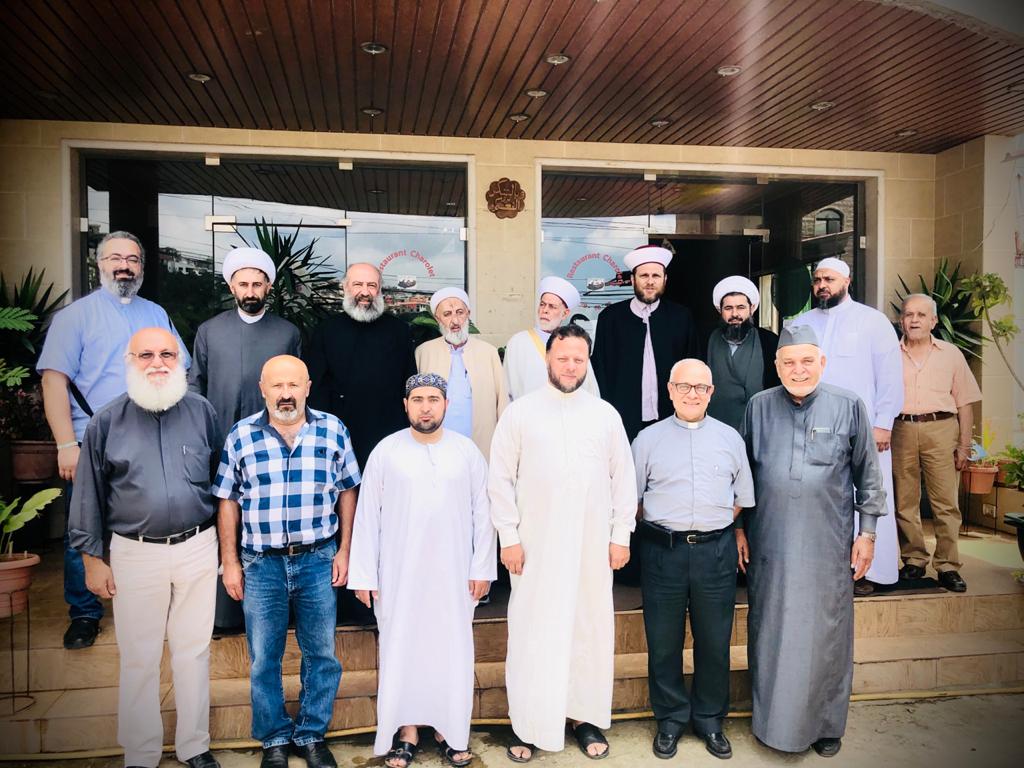
In view of the meeting “Together for Lebanon,” organized by Pope Francis, Exaudi interviewed Father Abdo Raad, born in 1965 in Kfar Nabrakh, a village over 1000 meters above sea level, and 45 kilometers from Beirut. A priest since 1988, and Basilian Father of the Most Holy Saviour, institute of the Melkite Greek Catholic Church of the Byzantine Rite, and Founder of Annas Linnas, for thirty years he has shuttled between Italy and Lebanon. Since last November, he is parish priest of Monacilioni, in Molise, a mountainous Italian region with a stretch of coastline on the Adriatic Sea.
The Holy Father has called the leaders of the Lebanese Christian communities to meet on July 1 to talk about the difficult conditions of the country. What is the situation from the political point of view?
First of all, we hope that the meeting of the leaders of the Church in Lebanon with the Holy Father will mark a new era for the Land of Cedars, greatly martyred at this time. We accompany this meeting with prayer and meditation.
In short, the political situation in Lebanon is getting worse and worse. Lebanese President Michel Aoun and the Prime Minister-Designate Saad Hariri have not reached an agreement to form a government. There is no way out, perhaps due to the shortcomings of the Constitution, revised in Taiif in 1990, but also due to the mismanagement of corrupt politicians. In fact, they are the same ones who killed the people during the war, who have been stealing during the peace for thirty years.
The politicians don’t agree on any plan. Accusations are exchanged and no one resigns. The relationship between the leaders (Prime Minister, First Deputy, President, party leaders) makes it impossible to form a government in the near future. After destroying the economy, they continue to fight for their interests. They have lost the sense of responsibility towards the people.
The political situation is so bad that we are facing the risk of a new civil war — almost all the elements are already present. A war that has not yet broken out, in my opinion, thanks only to divine mercy.
The economic crisis is having very serious consequences: devaluation, the terrible explosion in the port of Beirut last August, the pandemic. How is all this being experienced?
The economic crisis linked to the political one is the worst since the country’s foundation, that is, for 100 years. So say the Lebanese I see here in Lebanon, and so I see from the facts and the reality lived. There is a serious shortage of medicines, gasoline, milk for children, electricity, Internet . . . Every day we see people dying waiting for their turn to have some gasoline –literally. Today, while a lady was waiting with her four daughters to put a few liters of gasoline <in the tank>, to go to the airport to fetch her husband, she lost her life with her daughters, due to an accident at the gas station. People have never known such poverty, vulnerability, marginalization, and despair.
Unfortunately, we are in a country in decline. The Lebanese lira has lost over 90% of its value; salaries haven’t increased, in fact, they have decreased, and many companies have closed their doors. The banks don’t give any dollars to customers and little cash in Lebanese lira. This worsens people’s poverty. Food, basic necessities now cost five to ten times more than in 2019.
The explosion in the port, which is the fault of the negligence of those responsible, is not the only cause of the economic degradation. The problem, I keep saying, is the poor governance of the political class and generalized corruption. It’s a genuine crime against the Lebanese people. I can’t understand how it’s possible for political and economic leaders to have billions of dollars while the majority of the people are in danger of starvation.
The pandemic, which has already caused over 10,000 deaths, seems less ferocious than the political class and seems to “resign” in these hot months. Let’s hope it ends soon throughout the world.
I often wonder how the people manage to live. I’ve discovered that many people only eat bread, onions and potatoes. Many die in silence due to the lack of basic necessities; others commit suicide and no one talks about it. One survives. If a solution is not reached very soon, many will enter a serious crisis, because the money they have saved is no longer worth anything. Many don’t have a pension or other sources of income.
The only help today is the little money that Lebanese abroad send and the humanitarian aid provided by organizations.
Lebanon has to deal with the great impact of refugees, first the Palestinians and for ten years now, those of the war in Syria. How is this drama being addressed? What is being done to help refugees?
I would say that what used to be a host country is becoming a country of emigration. The Lebanese want to emigrate. The vast majority of refugees live in the same misery. Their situation is devastating. Some — those registered on the United Nations lists, receive a few dollars with which they support themselves and their children. The hidden future problem is the demographic one. Little or nothing is known about the birth of Syrian refugees. The integration does not seem to be successful. The relationship between the host community and refugees is experiencing many conflicts due to the lack of work for all, of the infrastructures, and of the minimum conditions for a dignified life. Many families we help can’t return to Syria due to the destruction of their homes. Others for fear of being persecuted . . . their children don’t go to school especially due to COVID-19, and they don’t have the means to take online courses.
On the religious level, Lebanon was seen as a model of coexistence. In 2010 you founded the Annas Linnas Association (which in Arabic means “for one another”) bringing together exponents of different religions. It’s an example of this common commitment. What do you actually do? And, in general, how are relations between the various faiths today?
Unfortunately, Lebanon is no longer this model of coexistence. It is more or less divided between religions on a geographical and mental level. A Christian can’t experience the culture of Hizb Alla, for example, and finds himself a stranger in their areas. The same can be said of Tripoli. Communities close in on themselves in a confessionalism incompatible with “living together,” because they see in this closure an outlet and a guarantee, at the moment of the disappearance of a State, which must guarantee justice to all. Politicians have taken advantage of this and aggravated the “schism” to protect their personal interests. The people have not yet reached the maturation of the idea of a civil society in which God is given what belongs to God and to Caesar what belongs to Caesar. There are few who have freed themselves from the religious ghetto, in order to be open and balanced.
The founding of Annas Linnas was a cultural response against sectarianism and confessionalism. Its members are of all confessions; they accept one another in full respect of faith and freedom. It’s not an easy mission. Anyway, let’s go on . . . to be a testimony, among many others, that we can live together and grow better in the diversity willed by God in the whole universe.
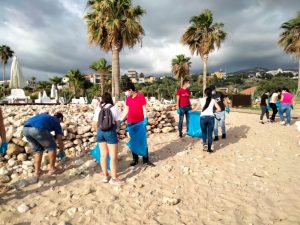
In addition to the continuing aid, even if small, I will tell you, for example, what we did during my last stay in Lebanon: we held a meeting with the religious Community of the Sisters and Brothers of the Cross. The cleaning of the beach, with volunteers from all Confessions, to send a message of respect for nature, which welcomes us all and with which we must be allies, inspired by Pope Francis’ encyclical Laudato Si’. And again an inter-religious meeting in Chehim, between representatives of all religions to discuss what we can do for the children in terms of education for living together, and in which we decided to send a letter to the Pope on the occasion of the meeting with Christian religious leaders.
In Zahle we organized a meeting with various lay leaders to discuss the influence of religious principles on children’s lives. We organized a summer school for refugee children, especially for those that didn’t have the opportunity to take the online courses. We promoted various activities for children with the distribution of a little food aid, school, and other aid, such as the payment of teachers for refugee children at the Naameh school, a trip to the pool for Palestinian refugee children, online meetings, and cultural days for Lebanese children.
Our biggest project, that of the construction of a cultural center in the educational garden, has somewhat halted due to inflation, which has almost eliminated the savings destined for the project. However, the center can now host friends . . .
What do you expect from the meeting in the Vatican?
The Pope has always dedicated moments of prayer and support to Lebanon and has indicated it as the destination of his next trip. He has always been a light in the darkness.
Of the meeting, however, it’s best not to expect too much. It’s not the first meeting and it won’t be the last. Or better, we expect a miracle. It’s not pessimism but realism. Change in Lebanon needs an international miracle.
We expect, at least, a clear condemnation of corruption and a clear attitude against the leaders who, willy-nilly, destroyed the country, to force them to return the stolen money and hand the government over to just and neutral people. A dream! We dream, however, it’s not a bad thing.
We expect Christian leaders to return with clear ideas and a project that can unite Christians on political choices; a project from which to start to find the way of a project that unites all Lebanese.
What can the International Community do to revive Lebanon?
In order to revive Lebanon, regional and international powers must withdraw their interests from this country and make it a neutral country and a friend of all. The Lebanese conflict is also the result of conflicts between international forces: Iran, the United States, Syria, Israel . . . and so on. We need to resolve the Israel-Palestine conflict and arrive at a final two-state solution. We urgently need to find a way to bring Syrian refugees back to their homeland and protect their lives in their land.
The first thing we hope for is that the International Community will use all possible pressure to return the money and the assets that the corrupt leaders have stolen by transferring it to their accounts outside Lebanon.
We are calling for international political assistance to form a transitional “apolitical” government to free the population from fear from armed militias across the country led by warlords, and to allow free elections.
Finally, Italy has been present for years with the UN mission in Lebanon. What can the role of our country be on a political and solidarity level?
Italy has always been a friendly country. The peace mission in southern Lebanon is the most accepted by all. It is a mission with a very beautiful human face. I remember the generosity and the lovely welcome the Italian Army gave our children, who went to Chamee for a period of culture and leisure. After playing and eating patiently with the children, one of the soldiers said to me: “I haven’t seen my children for six months. I now consider yours as mine and I treat them so.”
At the political level, it seems to me that Italy plays a small role. It could be more present in order to make international policy towards Lebanon more balanced.
On a humanitarian and solidary level, we, like Annas Linnas and other organizations, need special support right now. Any help is useful. We need the support of the Armed Forces to transport material to Lebanon. Their humanitarian mission must now go beyond the borders of their presence to reach the whole of Lebanon.
I also believe we need a divine light that comes to us from prayer and from Italy’s thoughts of friendship.
Finally, I thank you infinitely and all Italian friends who have always been present by our side, especially in difficult moments. May God bless us all and save us.
Related

Thy will be done
Albert Cortina
17 April, 2025
35 min
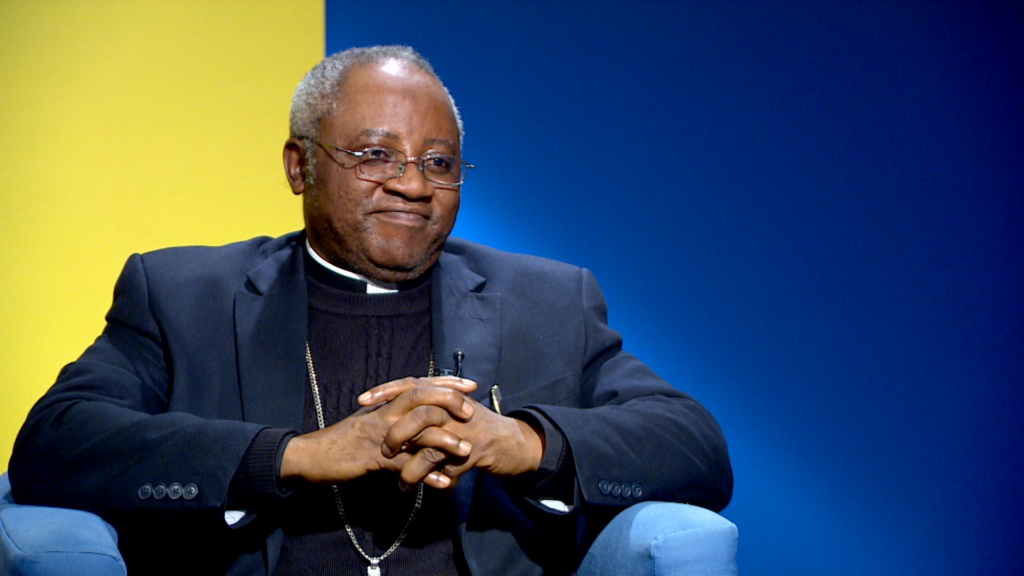
Despite hardships, Christianity is growing “astronomically” in northern Nigeria
Ayuda a la Iglesia Necesitada
10 April, 2025
3 min
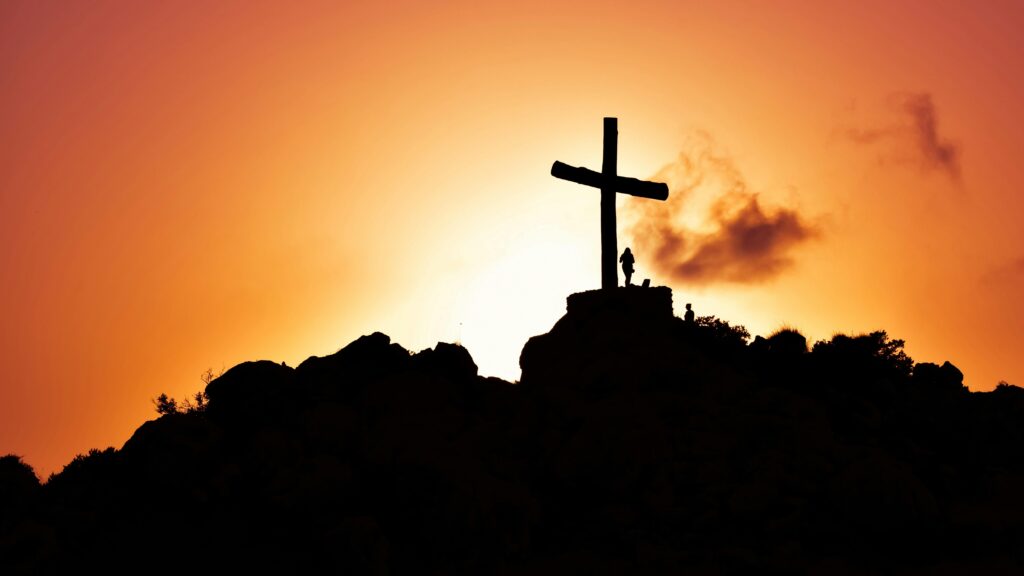
“Christianity, a Powerful Engine of Social Transformation”
Exaudi Staff
09 April, 2025
3 min
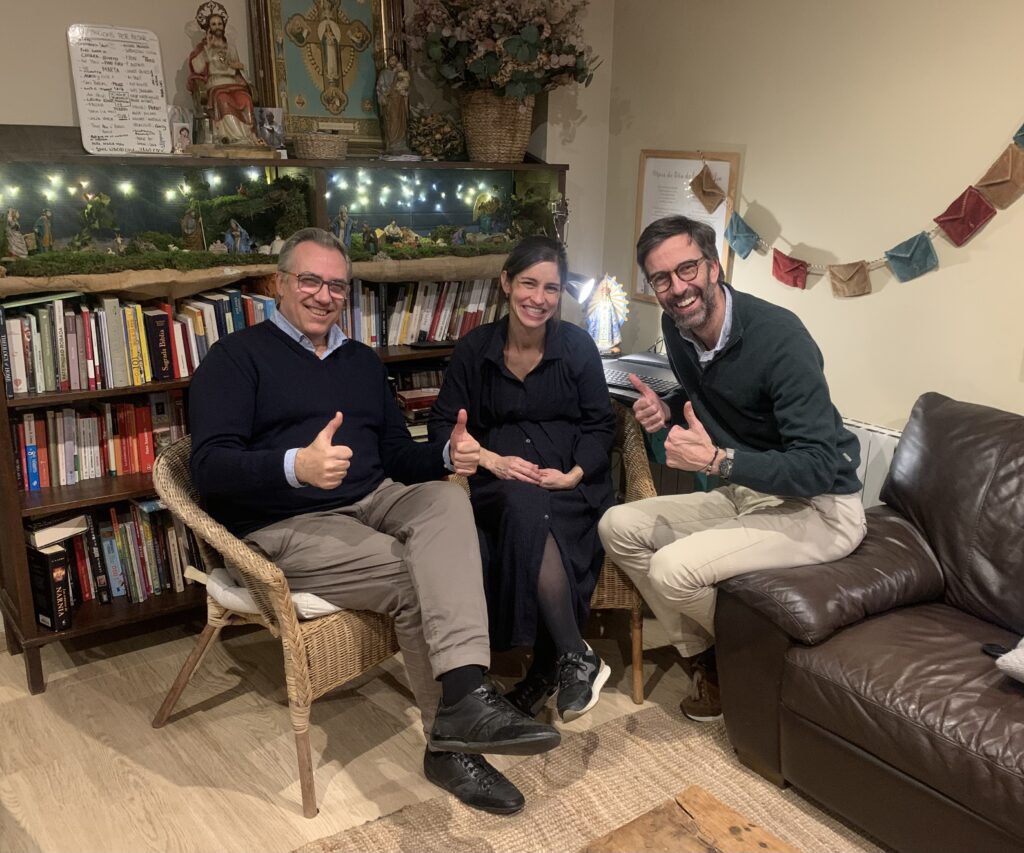
Let God be God
Albert Cortina
11 March, 2025
25 min
 (EN)
(EN)
 (ES)
(ES)
 (IT)
(IT)

